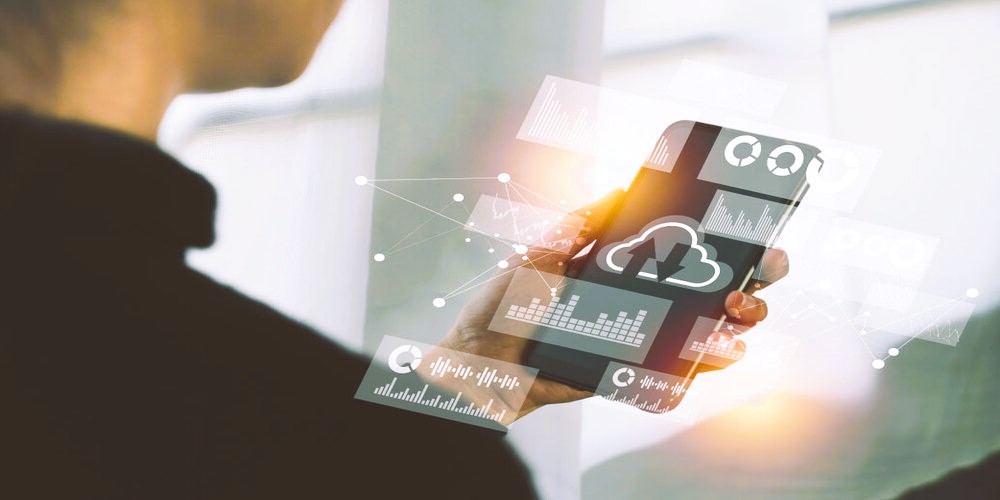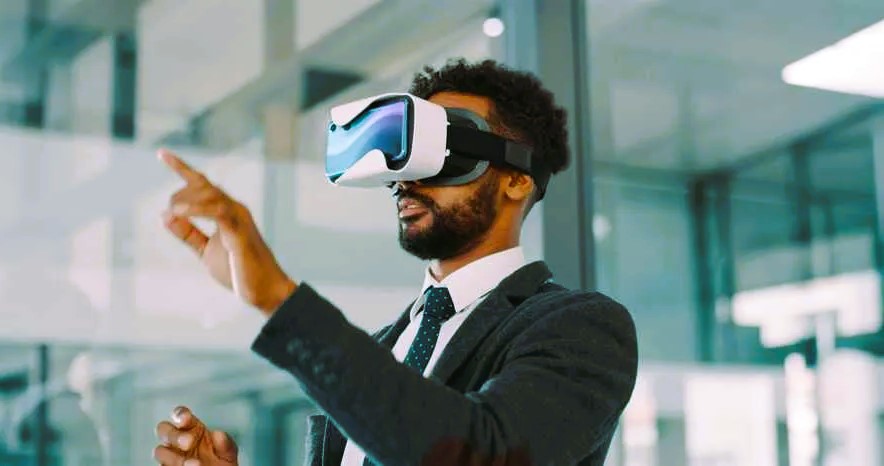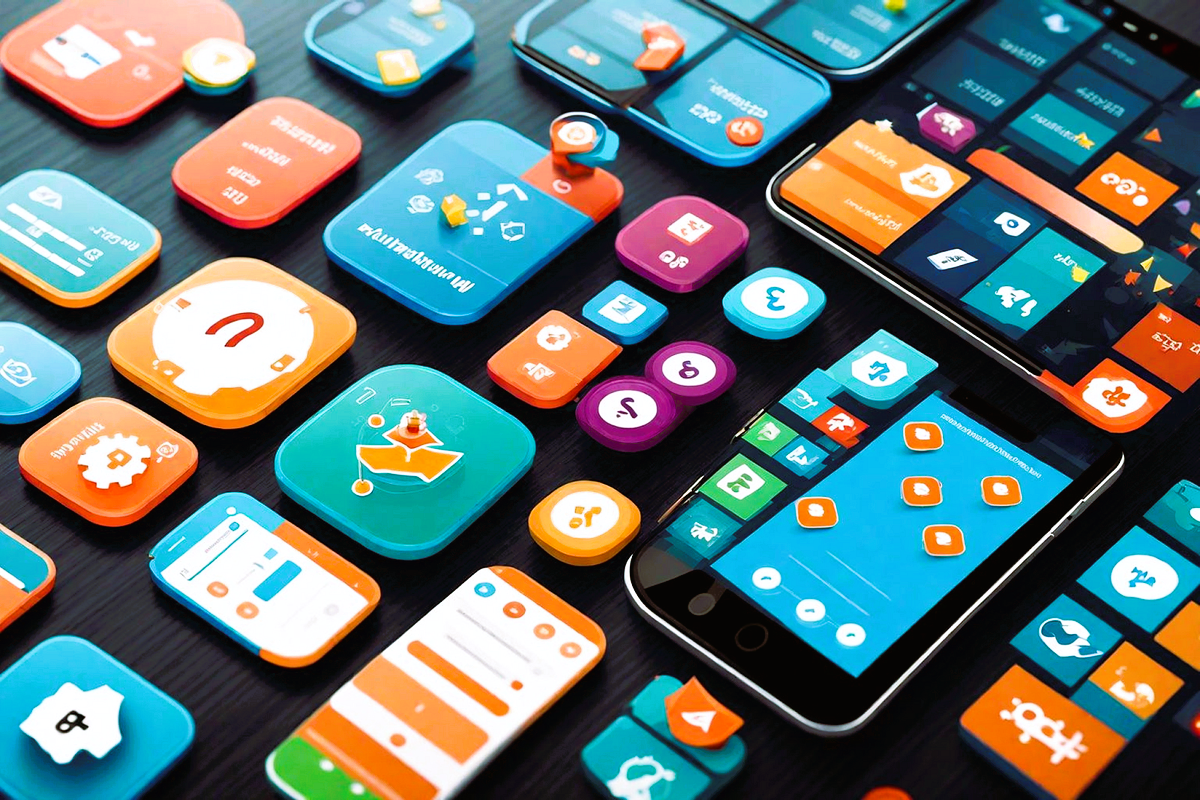In the ever-evolving landscape of technology, app development continues to be at the forefront of innovation, driving transformative changes in how we interact with digital experiences. As we look ahead, the future of app development is poised to be shaped by dynamic trends and groundbreaking predictions. This article explores the anticipated trajectory of app development, offering insights into the trends that will redefine user experiences in the years to come.
1. Emergence of Progressive Web Apps (PWAs):
Definition:
- Progressive Web Apps (PWAs): PWAs are web applications that leverage modern web capabilities to deliver an app-like experience to users, regardless of the device.
Trend Analysis:
- Offline Functionality: PWAs will increasingly prioritize offline functionality, allowing users to access core features without an internet connection.
- Cross-Platform Compatibility: The versatility of PWAs will make them a preferred choice for developers aiming for cross-platform compatibility.
Predictions:
- Widespread Adoption: As technology advances, more businesses will embrace PWAs, providing users with seamless and reliable experiences.
2. Rise of Artificial Intelligence (AI) and Machine Learning (ML) Integration:
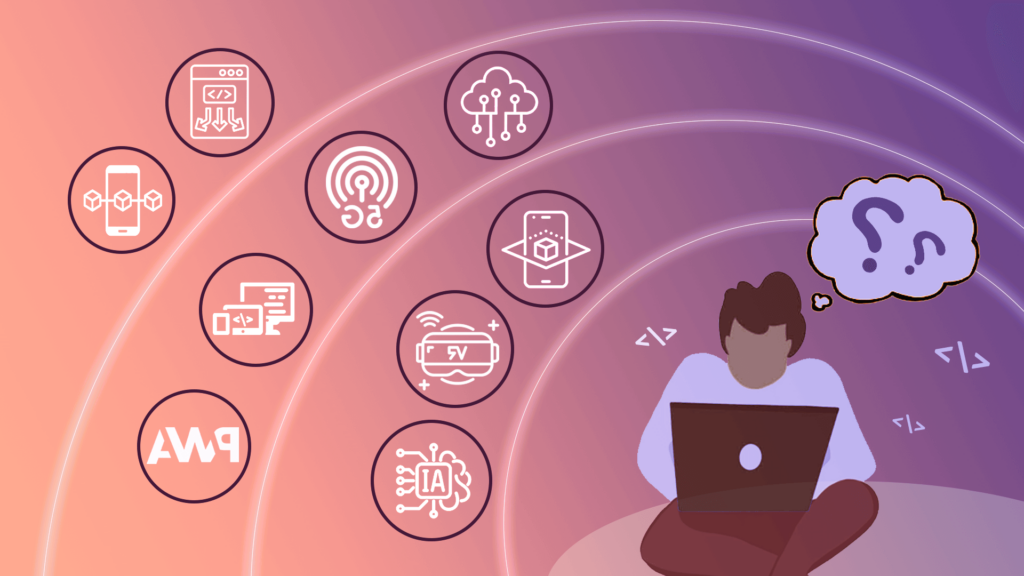
Integration in App Development:
- Personalized Experiences: AI and ML algorithms will be integrated into apps to analyze user behavior, providing personalized recommendations and experiences.
- Predictive Analytics: Apps will leverage predictive analytics powered by AI to anticipate user needs and streamline processes.
Trends:
- Chatbots and Virtual Assistants: AI-driven chatbots and virtual assistants will become more sophisticated, offering users enhanced interaction and support.
- Facial Recognition: Security features in apps will increasingly incorporate facial recognition technology for identity verification. Did you like the article? Read also about Design Thinking: a holistic approach to problem solving.
Predictions:
- Enhanced User Engagement: AI-driven personalization will result in higher user engagement, as apps cater to individual preferences and habits.
3. Blockchain Integration for Security and Transparency:
Application in App Development:
- Enhanced Security: Blockchain technology will be employed to fortify app security, ensuring data integrity and protecting user information.
- Transparent Transactions: Apps dealing with transactions and sensitive information will leverage blockchain for transparent and secure processes.
Trends:
- Decentralized Apps (DApps): The rise of decentralized apps will utilize blockchain to enable peer-to-peer interactions without relying on a central authority.
- Smart Contracts: Apps will increasingly use smart contracts, self-executing contracts with the terms of the agreement directly written into code.
Predictions:
- Mainstream Adoption: As awareness and understanding of blockchain grow, app developers will incorporate it as a standard security measure.
4. Internet of Things (IoT) Integration in Mobile Apps:
Application Scenarios:
- Smart Home Control: Mobile apps will serve as central hubs for controlling smart home devices, offering users a unified interface for managing IoT ecosystems.
- Wearable Device Connectivity: Health and fitness apps will seamlessly connect with wearable devices, providing real-time health monitoring and insights.
Trends:
- Edge Computing: The integration of edge computing in apps will process data closer to the source, reducing latency in IoT interactions.
- Cross-Device Connectivity: Apps will facilitate seamless communication between various IoT devices, creating cohesive user experiences.
Predictions:
- Ubiquitous Integration: The prevalence of IoT devices will lead to widespread integration with mobile apps, shaping a connected and efficient digital ecosystem.
5. Enhanced App Security Measures:
Current Challenges:
- Data Breaches: Security breaches pose significant threats to user data and trust in apps.
- Privacy Concerns: Increasing awareness of privacy issues necessitates robust security measures.
Trends:
- Biometric Authentication: Apps will increasingly use biometric data such as fingerprints or facial recognition for secure access.
- Zero Trust Security Model: The adoption of the zero-trust model will treat every user and device as potentially untrusted, enhancing overall security.
Predictions:
- Regulatory Compliance: Stricter regulations will drive app developers to prioritize security and compliance with data protection laws.
6. 5G Technology and Its Impact on App Performance:
Current Landscape:
- Network Speed Limitations: The limitations of current network speeds can impact the performance of data-intensive apps.
Trends:
- Low Latency: The implementation of 5G technology will significantly reduce latency, providing users with faster and more responsive app experiences.
- High-Quality Streaming: Streaming services within apps, such as gaming or video content, will benefit from the increased bandwidth offered by 5G.
Predictions:
- Revolutionized App Experiences: The widespread adoption of 5G will revolutionize app experiences, enabling more sophisticated features and real-time interactions.
7. Voice Interface and Conversational Apps:
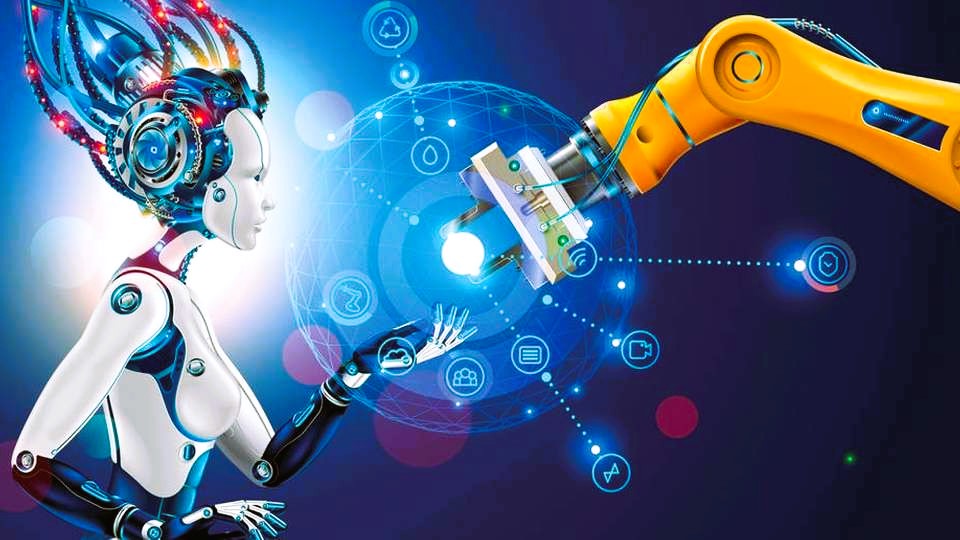
Current Landscape:
- Rise of Voice Assistants: Voice-activated assistants like Siri and Alexa have gained popularity, signaling a shift towards voice-driven interactions.
Trends:
- Conversational AI: Apps will increasingly integrate conversational AI interfaces, allowing users to interact with the app through natural language.
- Voice Commerce: Voice-activated transactions within apps will become more prevalent, simplifying the purchasing process.
Predictions:
- Mainstream Adoption: As natural language processing technology advances, voice interfaces will become standard in app development.
8. Augmented Reality (AR) and Virtual Reality (VR) Evolution:
Current Applications:
- AR in Retail: Apps allow users to visualize products in their physical space before making a purchase.
- VR in Gaming: Virtual reality enhances gaming experiences, providing immersive environments.
Trends:
- AR Navigation: Apps will integrate AR for real-time navigation in both indoor and outdoor spaces.
- VR in Training: Virtual reality will be increasingly used for employee training and skill development.
Predictions:
- Blurred Realities: The boundaries between physical and digital realities will continue to blur, offering users enriched and interactive experiences.
The future of app development promises an exciting era of innovation and user-centric advancements. From the integration of emerging technologies like AI, blockchain, and 5G to the evolution of user interfaces and security measures, app developers are poised to redefine digital experiences. Staying informed about these trends and predictions will be crucial for developers, businesses, and users alike as they navigate the ever-changing landscape of mobile applications.
For a more in-depth exploration of app development trends and predictions, visit reputable sources such as IGN.

